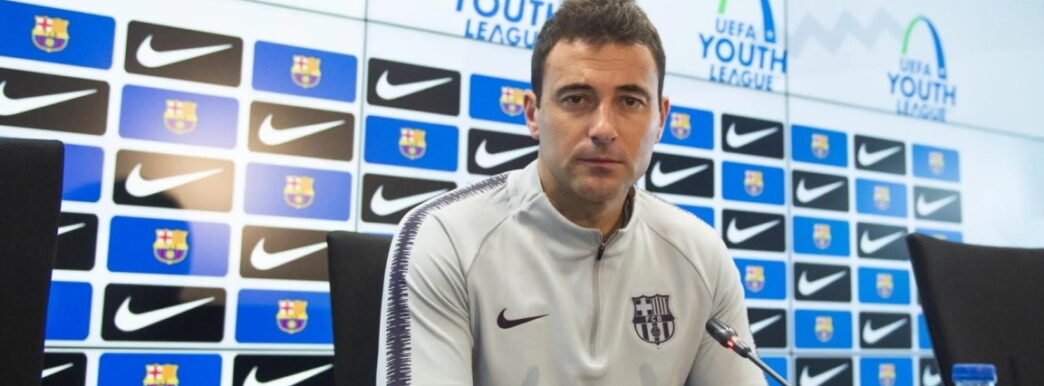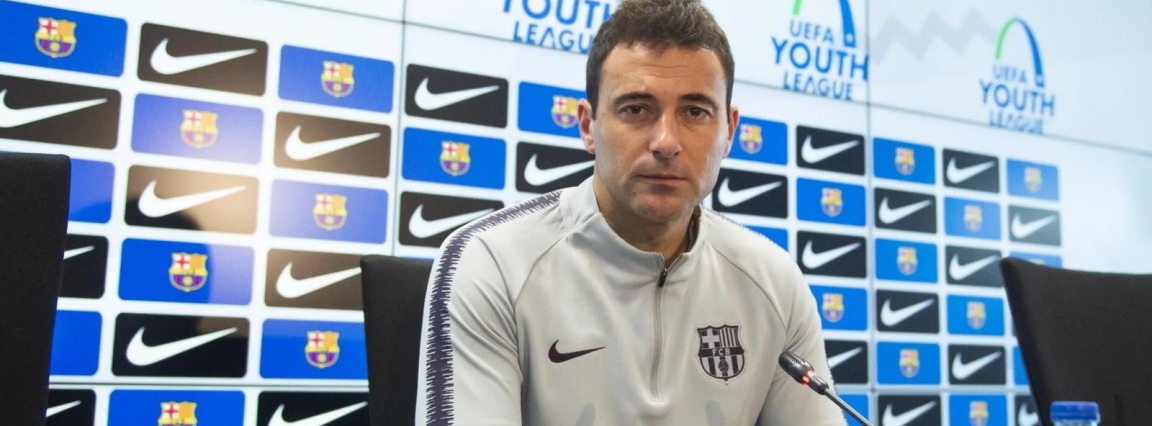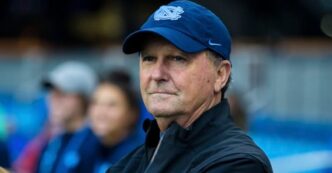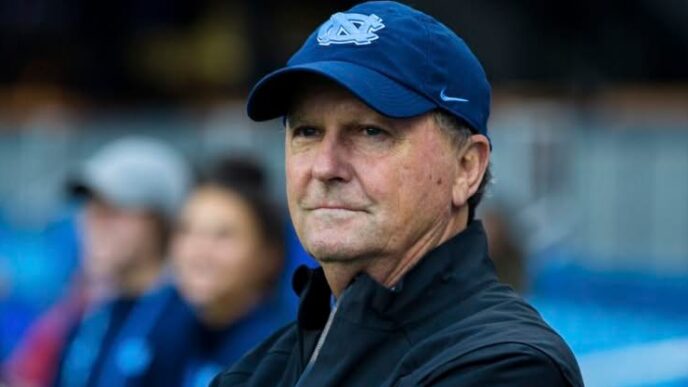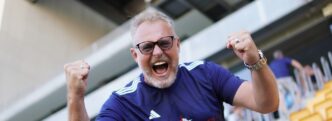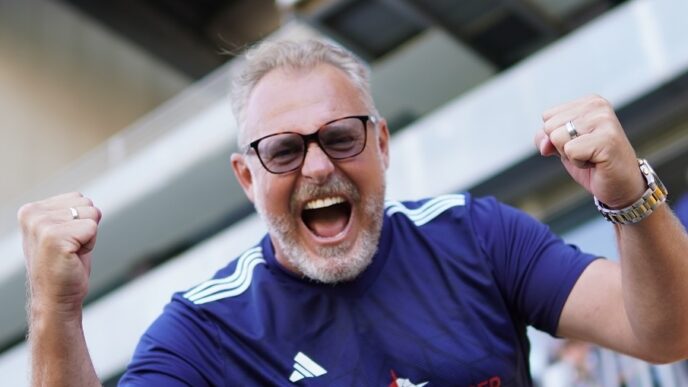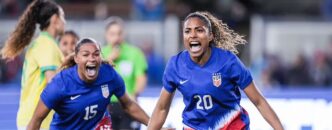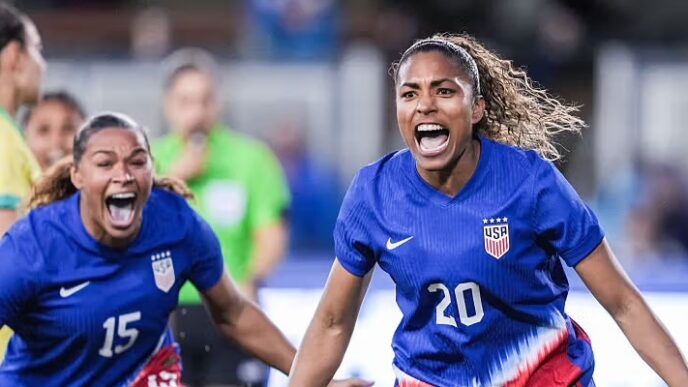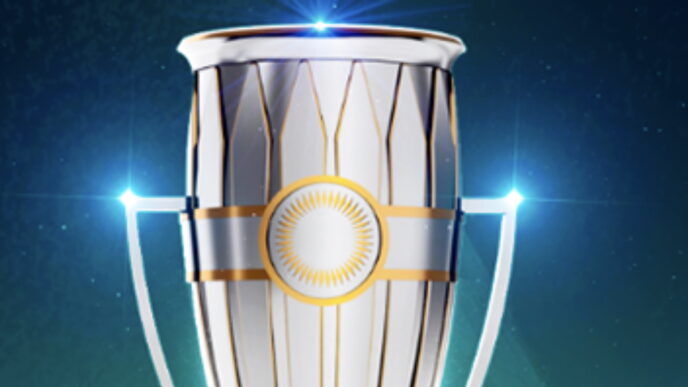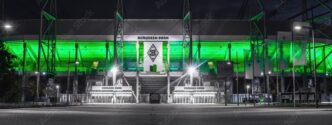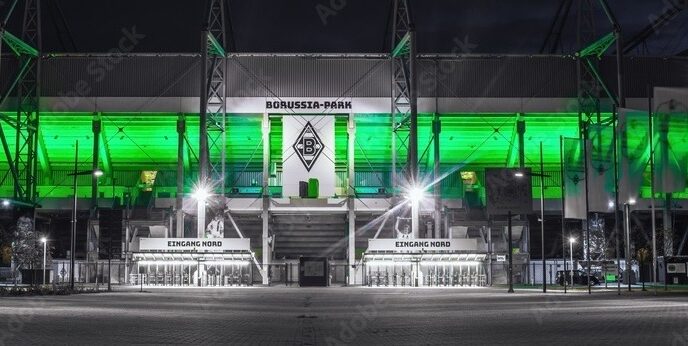Exclusive Interview with Academy Technical Director Denis Silva: “To Play Great Soccer, You Must Be Happy”
Initially published in 2017.
The Barça Academy at Casa Grande in Arizona is preparing for the U.S. Soccer Development Academy season and is kicking off its inaugural season—and Denis Silva has just arrived from Spain to become the Technical Director. Barça Academy is the famous Futbol Club Barçelona, commonly known as Barça, the first and only full-time residency academy in the world—besides La Masia in Barcelona, Spain.
Known for being ‘more than a club’ — “Més que un club”— Barça is home to Lionel Messi.
The new Barca Academy has just started their inaugural season in the U.S. Soccer Development Academy and the new teams are taking shape. The world-class youth soccer academy has attracted elite players from MLS and prestigious youth soccer clubs in the U.S. and worldwide.
Today, Barca Academy announced the appointment of Denis Silva as Barça Academy’s Technical Director. Silva will oversee the player development, coaching education and implementation of the renowned FC Barcelona training methodology at the full-time year-round residency program in Casa Grande, Arizona.
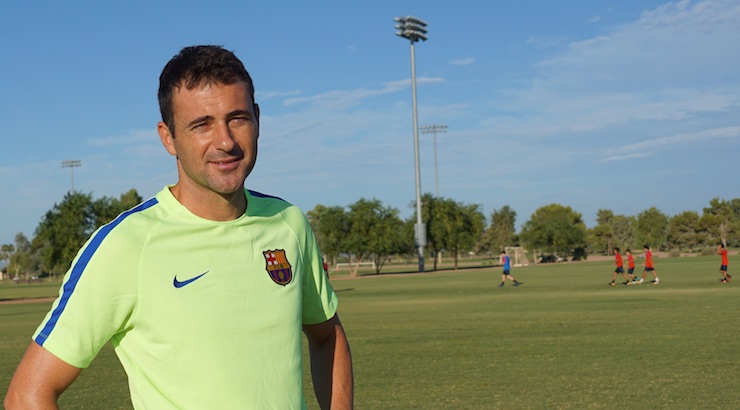
Diane Scavuzzo interviewed Barca Academy new Technical Director Denis Silva — only a few days after he arrived from Barcelona, Spain.
With a UEFA PRO License, a Ph.D., a Master’s in Professional Performance of Team Sports, and years of experience at the highest levels at La Masia, Silva has La Masia’s complete backing to develop youth soccer players and direct the only FC Barcelona youth residential academy outside of Spain.
Silva has contributed his talents at FC Barcelona’s famed youth development academy in Spain — La Masia — since 2010. Suffice it to say, he is ready for this challenge on American soil. Silva is a fabulous choice for developing the Barcelona’s famous methodology at the Barca Academy.
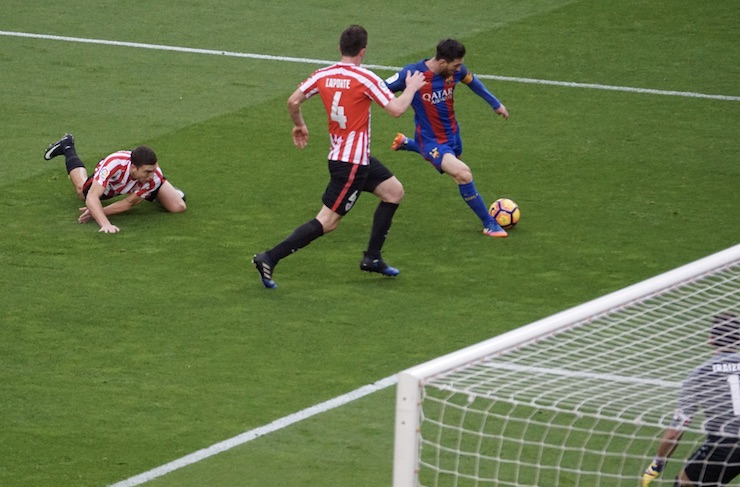
The goal is to have the Barca Academy mirror La Masia, as this residential academy in the USA is the Catalan club’s only effort at creating a La Masia-like experience outside of its historic player development program. Graduates of La Masia include Lionel Messi, Andrés Iniesta, Xavi, and many other high-caliber professional soccer players.
Silva has been the Professional Assistant Coach for U18 for the last two years and was previously the head Coach for U14, claiming many victories, including the Catalan League 2016/17 championship and the Catalonia Cup numerous times.
To play for Barcelona — to wear the famous crest —is a great accomplishment — even at the elite youth academy level in the USA.
The hope is to develop homegrown talent that can be on par with the youths in La Masia.
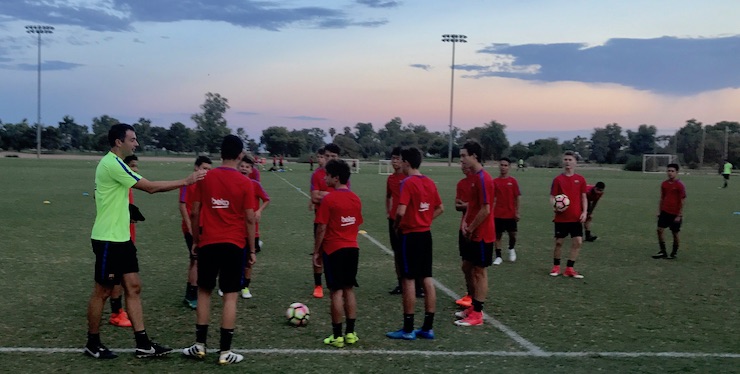
SoccerToday Exclusive Interview with Barca Academy’s Technical Director Dennis Silva:
Diane Scavuzzo: What do you think of soccer in the Barca Academy in the USA?
Denis Silva: This is the first time Barcelona has opened its home to the world like this — Normally, in my 7 years at La Masia, the world comes to La Masia to see FC Barcelona. It is amazing and I am excited.
All the players here at Barca Academy are a reflection of FC Barcelona.
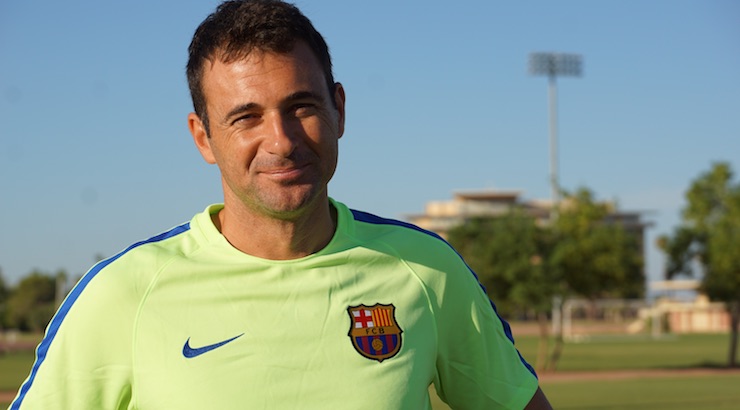
Diane Scavuzzo: What is the most significant difference working with American youth soccer players?
Denis Silva: There is a big difference in the mentality of work. The American players’ focus on work is bigger than that of the players in Spain.
At La Masia, the players have soccer in the blood — they are immersed in a vibrant soccer culture which has existed for generations — from the family, from the TV, soccer surrounds the players in every way in Spain — but here, the kids want to work.
In the USA — there is a culture of work.
The Barca Academy is the best place to be a soccer player in the USA.
We will introduce the culture of FC Barcelona-style soccer, hour by hour, every day. The players bring work ethic, and together, it will be great.
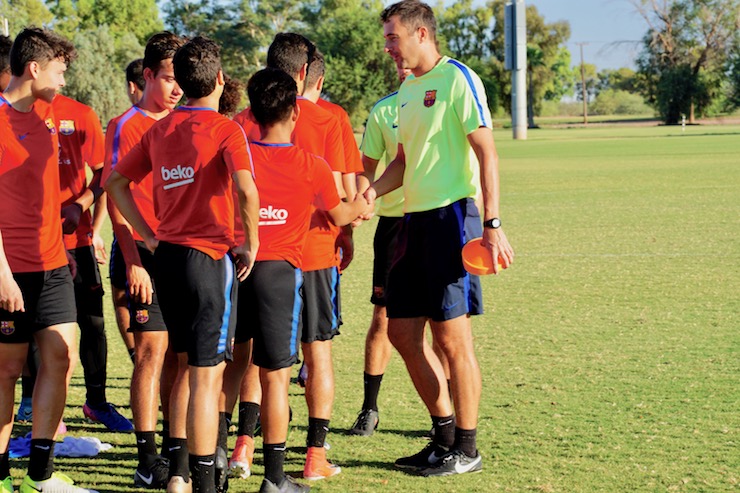
Diane Scavuzzo: Why do you think the Barca Academy will be successful in America?
Denis Silva: Because it is entirely different.
It is different because of the feeling of teamwork, players playing as a team. It focuses on the mentality of passing between the ten players—not on individuals—it is about a team effort, and this is not easy.
It is very difficult, but we know how to do it, and when you win playing this style of soccer, people know it is Barca.
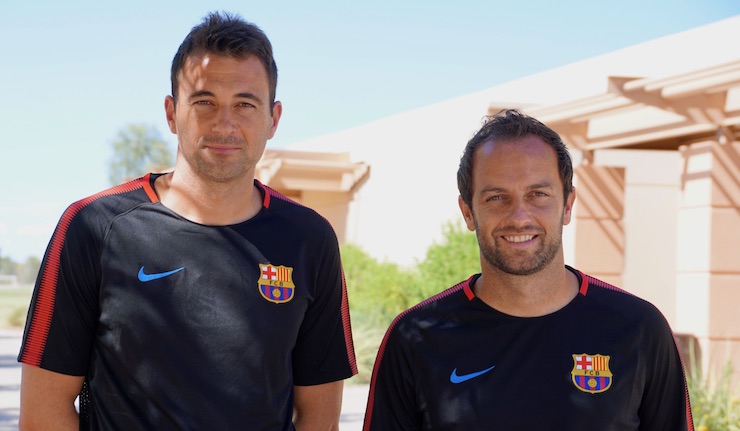
Diane Scavuzzo: What makes it so difficult?
Denis Silva: It is difficult because the defense is always easier than the attack in soccer.
Barca only focuses on attack and defense; you need to be in a good position and work hard. Playing an attacking style of soccer involves a lot of other things.
Diane Scavuzzo: What will be your biggest challenge at Barca Academy?
Denis Silva: To try to give some players from here the chance to play in Barcelona — we will teach the players at Barca Academy our style of soccer and I want to train them so they can go to Spain and practice at La Masia and be on par with the players there.
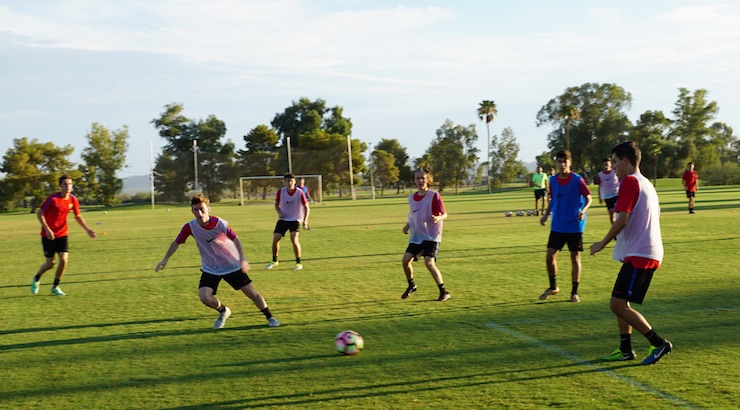
Diane Scavuzzo: Can you make this Barca Academy like La Masia?
Denis Silva: The training will be the same in many ways right from the beginning, but we need time. One big difference is that we are starting to teach the Barca methodology to much older players at the residential academy in Arizona. In Spain, we begin with this style of soccer mentality when the players are 7 years old.
Diane Scavuzzo: American soccer parents sometimes feel that a drill an elite 7-year-old player does is too simple — they want something more challenging. What would you say to this parent?
Denis Silva: We only play soccer — which seems easier than it should be.
We focus on the controlled pass and playing smart.
The first team at FC Barcelona and our 7-year-olds at La Masia do very similar drills.
It is not simple. Doing these passes right is not simple.
Keeping soccer simple is not simple. Playing good soccer is not simple.
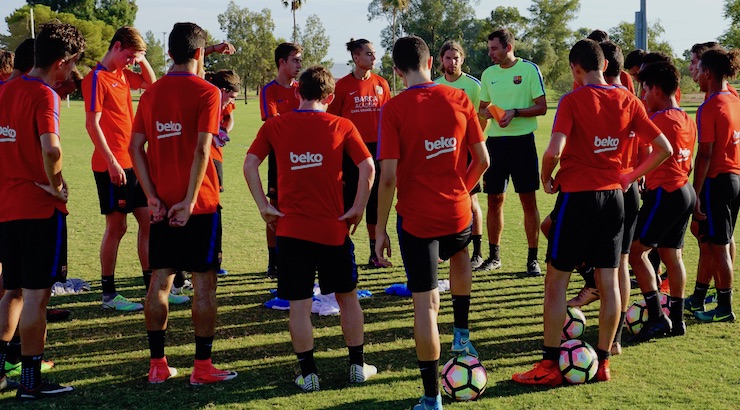
Diane Scavuzzo: What is it like — training at La Masia?
Denis Silva: The players at La Masia are focused and happy.
To play Barcelona’s attacking style of soccer, you need happiness. If you are not happy, you can not play our style of soccer.
We focus on attacking, not on defense.
The player needs to be happy to play Barca style of soccer.
Diane Scavuzzo: Why is happiness so important?
Denis Silva: Because it is creation – it is not destruction. Defense football is destruction.
Attack football is creation, using imagination — it is happiness.
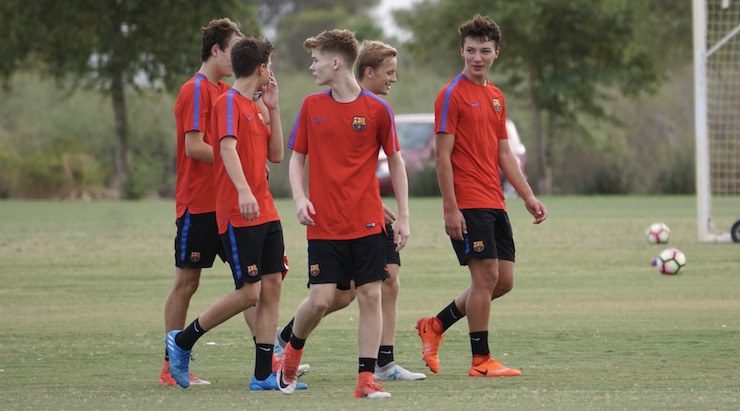
Diane Scavuzzo: Do you think some American youth soccer players are afraid of making mistakes?
Denis Silva: Perhaps there is too much focus on winning at a young age. We focus on educating the players. If we want creative players, we must have a methodology that allows players to be happy — and not just focus on winning a match, but on the right things to do on the pitch.
We have a saying, Bread for Today, Hungry for Tomorrow.
Diane Scavuzzo: So many youth soccer practices in America focus on running…
Denis Silva: Soccer is not about running.
In America, players steal the ball, run very fast, and try to score a goal — that is not a team effort. This is one of the most significant differences.
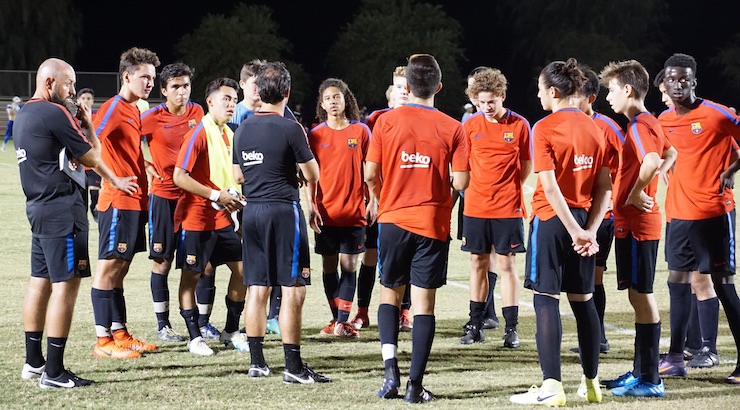
This is opposite for us.
When we recover the ball, we say pass back, organize the team, and attack. When we lose the ball, we want our players to go forward to try to steal the ball to play with the ball.
We do not like transitions because they take the team a long time, take up a lot of space, and weaken us.
When we play together and attack and defend together as a team, it is very powerful.
We aim to have the players understand what the ball is for us. The rival is the one who runs.
We enjoy playing with the ball, and the opposition is running.
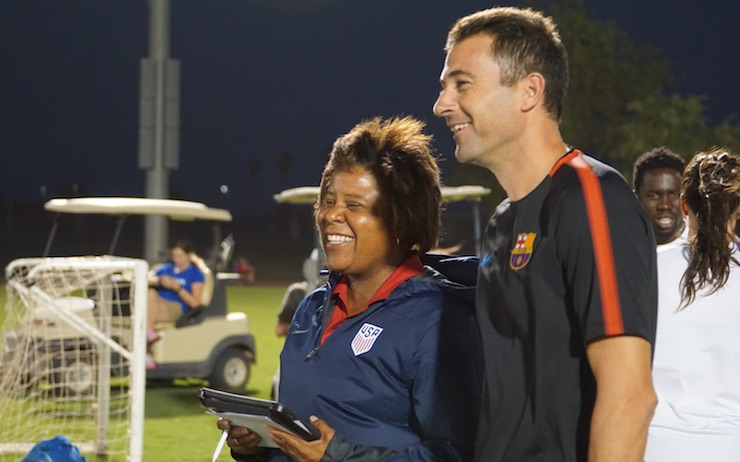
Denis Silva watching Barca Academy players with Karla Thompson at U.S. Soccer B License Course at Casa Grande
Diane Scavuzzo: What do you tell your youth players?
Denis Silva: When you lose the ball, you play faster. We play bravely and want to win the ball back.
We don’t want to defend, we want to recover as fast as possible.
When you have the ball, you control the pass. We want the players to build a rhythm. When we have the ball, we want the players to slow down, be disciplined in their positions, and spread out.
You are not running with the ball. Three players passing the ball back and forth are faster than one player is when running with the ball.
I listen to the sound of the training.
You can close your eyes and listen to the sound of the ball being passed. Controlled pass after controlled pass has a different sound than when players run with the ball and try to pass.
Diane Scavuzzo: How do you think Barca Academy will perform in the U.S. Soccer Development Academy?
Denis Silva: FC Barcelona has come to the USA to play in the DA and we should win. If we are not, we are doing something wrong. Wherever we go, we are expected to be the best.
These players are only beginning to understand how lucky they are.

Diane Scavuzzo: What is the responsibility of the Barca Academy players here?
Denis Silva: It is bigger than being at another club. The players are carrying Barca’s responsibility on their shoulders.
Being a soccer player is very difficult. If you do not focus 90% of your life on soccer, you will fail.
Diane Scavuzzo: What do you think of Casa Grande?
Denis Silva: This is a fantastic place. The facilities are terrific.
I am working almost all day—there is a lot to do. Working with Sean McCafferty and the coaching staff is wonderful; we will learn from each other and, together, develop the players to reach their best possible level.
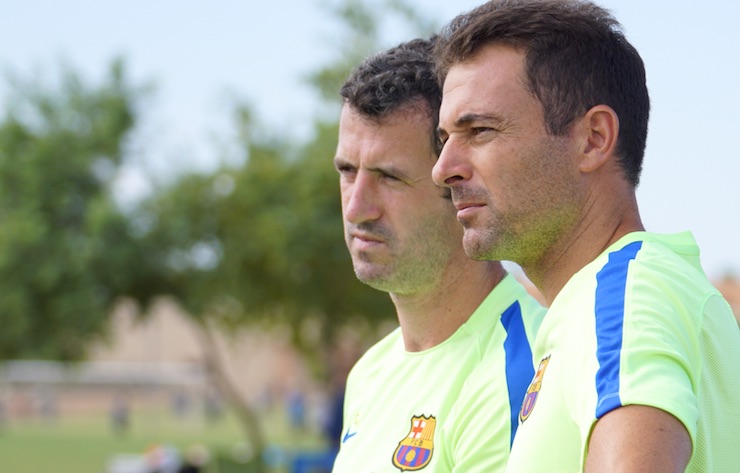
Update: Denis Silva left Barca Academy last fall to return to FC Barcelona to take over the Juvenil B instead of Francesc Xavier García Pimienta.
Related: Denis Silva, nou entrenador del Juvenil B
